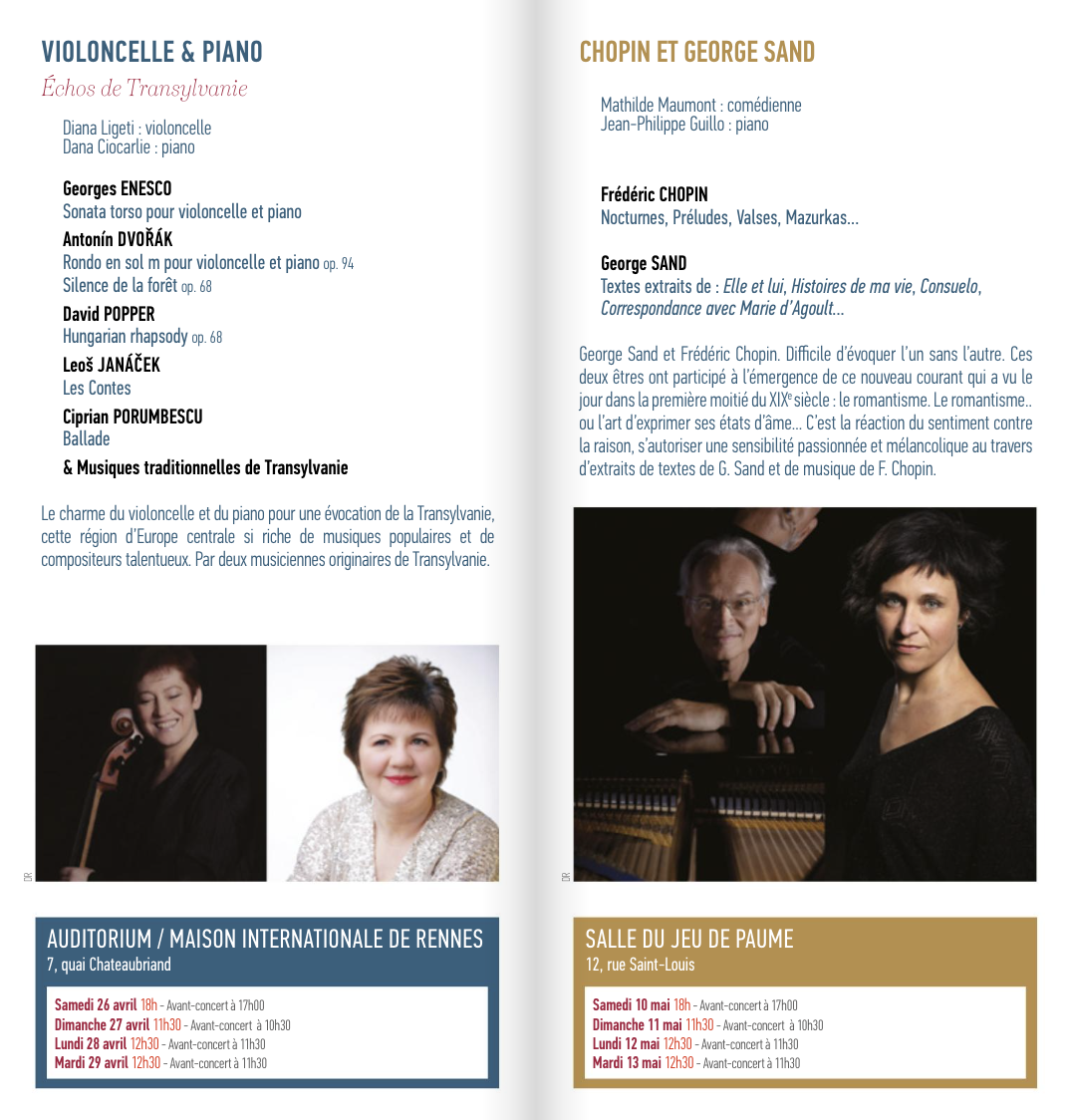CopyCat @Bar en Trans!
It was 10 days ago. But still pumped from seeing the cousin-duo-girl-band CopyCat last weekend at the Salle de la Cité as part of the Bar en Trans festival (part of the Transmusicales Festival in Rennes). Great energy, great vibe.
If you need a boost, have a listen.

BIG
We watched BIG the other night with the kids (who are 6 and 8 years old) and it was so fun! Especially after recently visiting New York City and the FAO Schwartz with the iconic floor piano.
One of my favorite things about having kids is rewatching film classics… 🫣😍
The film is recommended 12+ which is mainly due to a short romance scene between Josh (Tom Hanks) and Susan (Elizabeth Perkins) but otherwise, the film was totally fine for the kids.

Careless People
Wow. I’m not a huge reader and I don’t think I’ve ever read a book so fast. 400 pages in 2 days. It was gripping. And terrifying. And surprising - but maybe not so surprising?
The author, Sarah Wynn-Williams worked at Facebook in public policy from 2011 to 2018 and recounts how “very careless” (or should I just say - INSANE!) the top management became, which then led Facebok to be a huge contributing factor to several serious geopolitical crises around the world.
After reading this book, I question if this “careless behavior” is inevitable once you reach an extreme level of power and wealth?
Some quotes I like, but are not nearly enough to sum up the content of the book.
“When you have so many other people doing things for you professionally and personally, you stop taking responsibility for any of it.”
“They apparently didn’t care. These were sins of omission. It wasn’t the things they did; it was the things they didn’t do.”
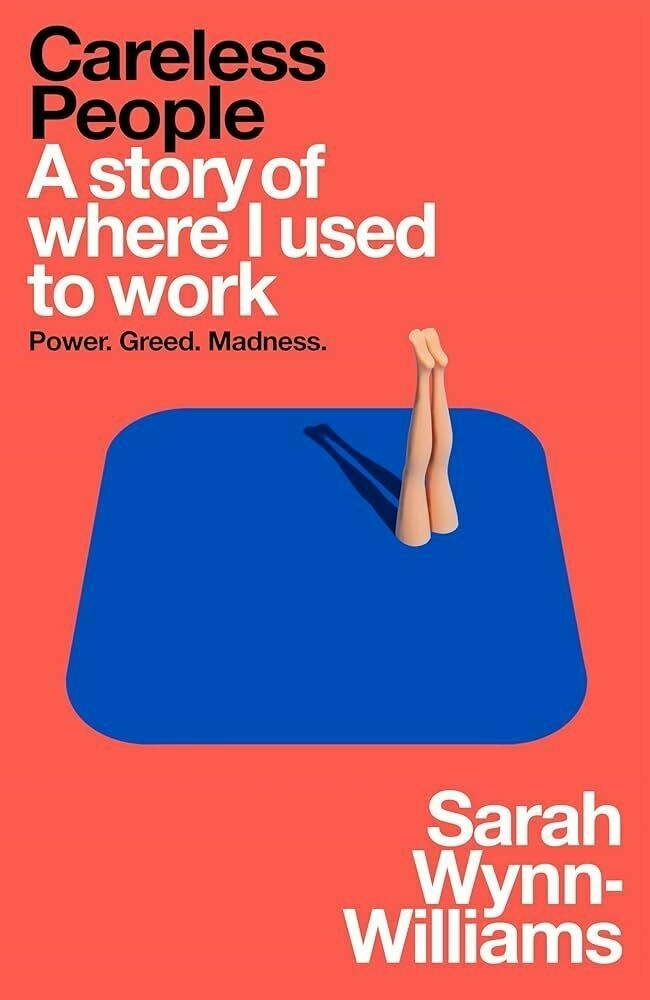
Vis ta Vie Bordel !
Vis ta Vie Bordel ! is a beautiful and inspiring documentary made by French filmmaker Bastien Laure who takes us through France, Portugal and finally Morocco to explore how people are living in ways that challenge the dominant capitalistic economic system – basically through being more connected to nature and to each other.
This film reengerizes my own desire to continue to explore alternative projects and amibitions. Which is good timing because I have been feeling more defeated/jaded lately and that I just have to accept this system.
We can do better!
Thank you to my sister Angela for this recommendation.
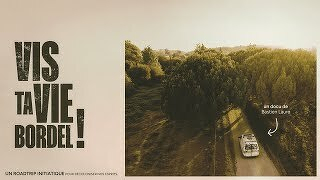
Ce qui nous lie 🍷
I’m on the train from Rennes to Marseille and I just watched Ce qui nous lie (“Back to Burgundy” in English) - a movie about two brothers and a sister in their 20s and 30s who must manage their vineyard estate following the death of their father. From Cédric Klapisch.
A bit trite at times but I enjoyed it.
Beautiful scenes of the vines and the process of making wine. And some interesting themes about people’s relationship to nature and “la terre” (the land) as well as about the complexity of managing family inheritance and relationships.
« On croit que la terre nous appartient… mais à force de s’en occuper, on réalise qu’on lui appartient un peu aussi. »
We think the earth belongs to us… but the more we take care of it, the more we realize that, in a way, we belong to it too.
« Voilà, c’était ça, notre héritage. Aucun de nous trois n’avait vraiment d’argent et pourtant, tous les trois, on se retrouvait avec des problèmes de riches. »
So that was it, our inheritance. None of us really had any money, and yet all three of us ended up with rich people’s problems.
« L’amour c’est comme le vin : faut du temps. Faut que ça fermente. Le temps, c’est pas que du pourrissement. » Ha!
Love is like wine: it takes time. It needs to ferment. Time isn’t just about decay.
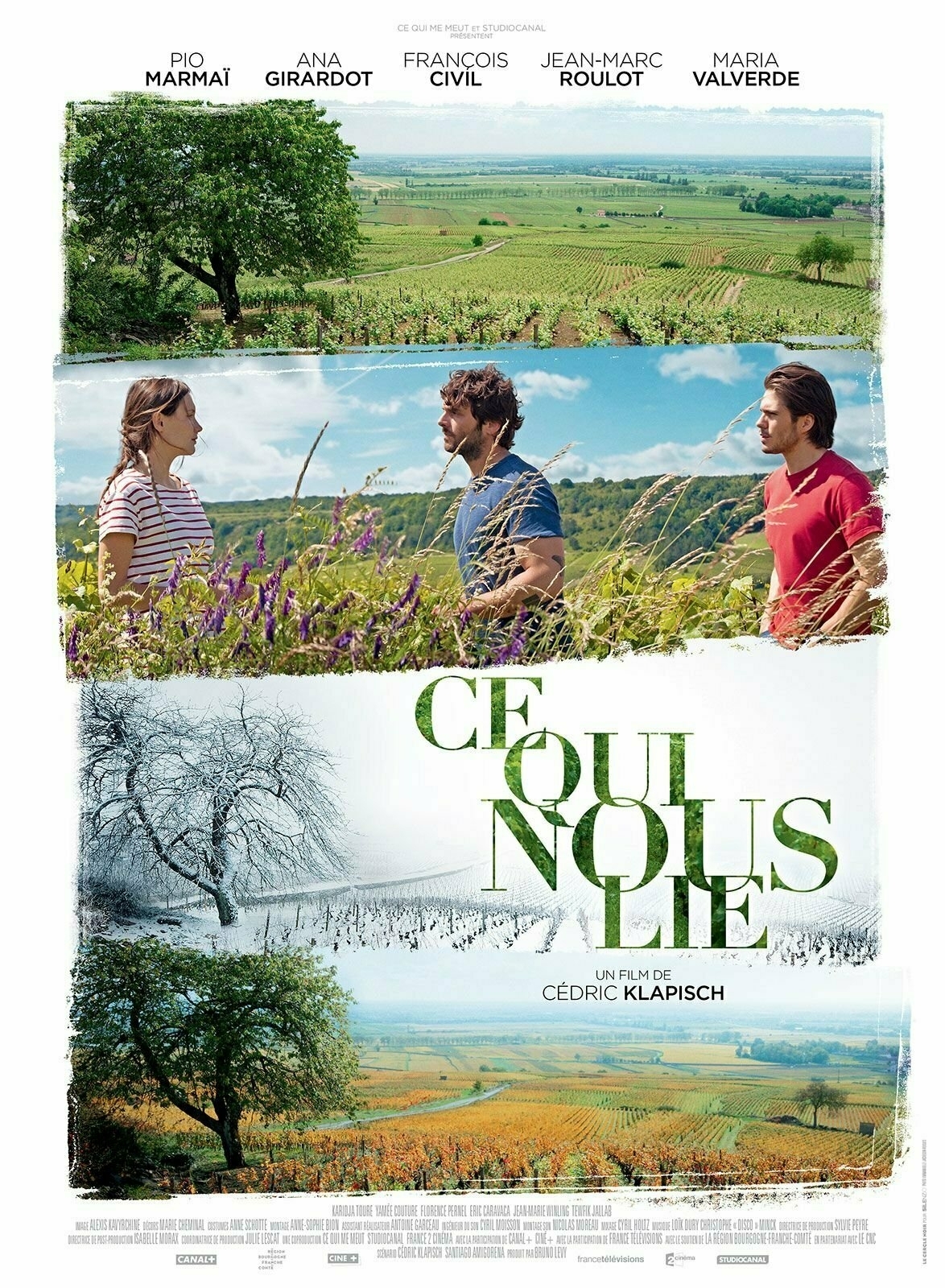
How school assignments are changing (yes yes, another discussion about AI)
The New York Times article “Students Hate Them. Universities Need Them. The Only Real Solution to the A.I. Cheating Crisis.” hits the spot on how AI is propelling educators to change how to evaluate students: less at-home written reports and more in-class, oral, interactive exchanges and discussions.
“…a return to a more conversational, extemporaneous style will make higher education more interpersonal, more improvised and more idiosyncratic, restoring a sense of community to our institutions.”
In my short 3-year experience with teaching, I have already experienced this shift.
In some respects I kind of love it. It forces us as educators to be creative at how to engage the students with social interaction and movement.
But as the article says, this shift to in-class evaluations presents a disadvantage potentially for students that are less extroverted, or need more time to assess and “think deeply” rather than think quickly.
How can we preserve at-home written assignments in a way that encourages the students to step away from AI and really exercise those brain muscles?
I admit I am almost finding it hard myself to write this simple article without referring to ChatGPT to help smooth out the kinks.
But that process of working out the kinks yourself, “forgoing the lazy”, is how the magic happens.
Alanis Morissette
One of the best concerts I’ve ever seen. Is it because she was such a pivotal part of my middle/high school angsty experience? Partly yes. But she is just also an incredible performer and a vocal powerhouse.
I was tearing up from the moment she started singing. She wasn’t even on stage yet.
And I wasn’t the only one.
THANK YOU Alanis. xoxo

Anora
I watched an entire movie last night - from start to finish - for the first time in a very long time. 🎉
Anora may have been criticized for its exaggerated stereotypes and somewhat muddled plot, but the acting was outstanding, especially Mikey Madison’s performance. Overall, it struck a great balance of humor, emotion, and intrigue.
Refreshing to experience quality cinema after being constantly bombarded with endless crap online.

+1 for passive cooking.
My husband @dirtyhenry introduced me to passive cooking for pasta. Not only does it reduce energy use (and in effect CO2 emissions), but it also makes it so much easier to get the pasta perfectly al dente. My pasta has never tasted so good.
The idea is to cook the pasta in boiling water for 2-3 minutes, and then turn off the burner and “passively” let the pasta cook for another 8-10 minutes (depending on the type of pasta).
This technique can obviously be applied to cooking other foods– I do this when I fry my eggs for instance.
Buon appetito.
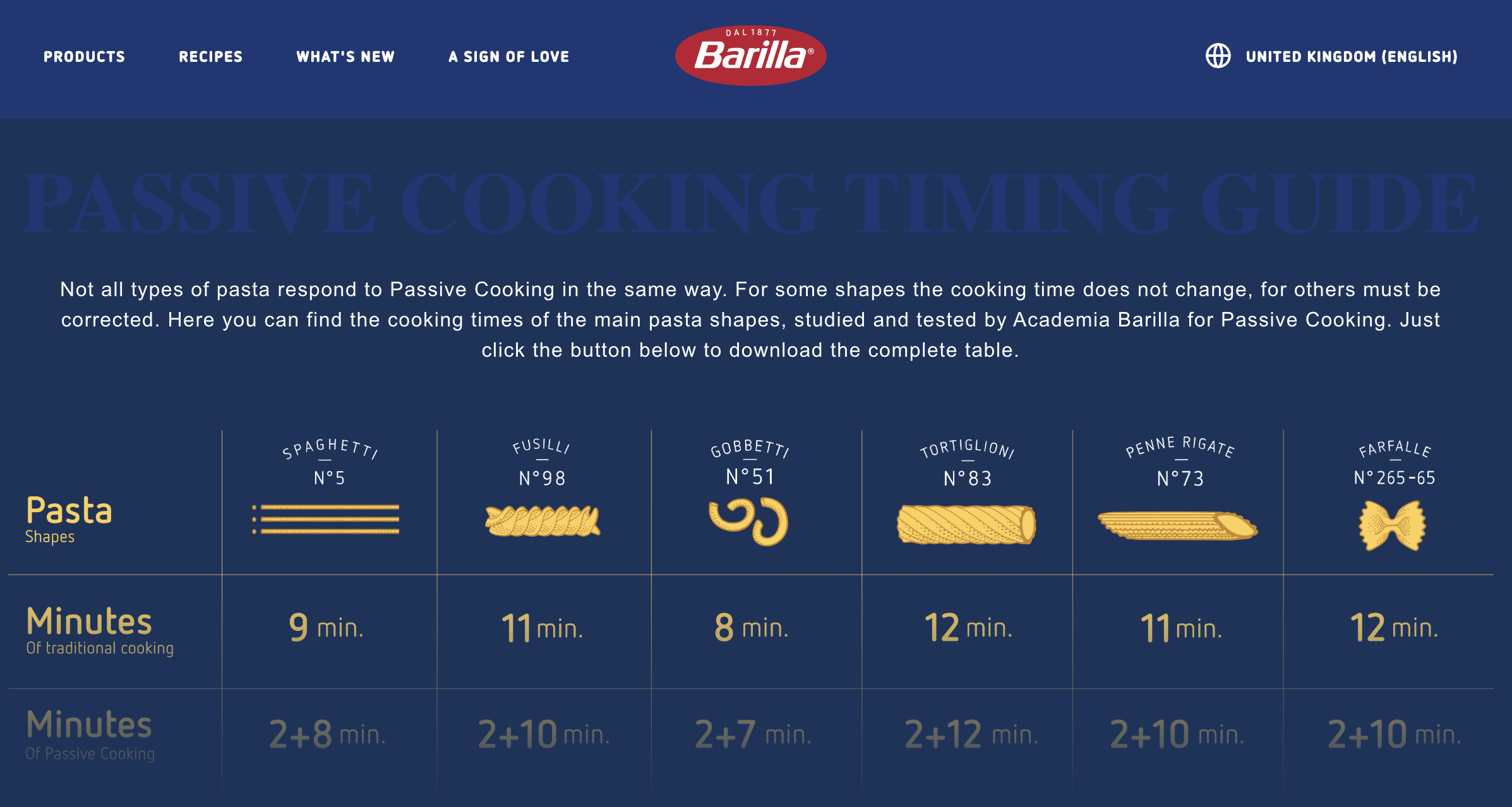
2 months & 64€
That’s how long & how much it cost to fix the glass of my watch. I was secretly hoping they would fix the straps too (which will cost me another 30€).
I could have bought the same watch brand new for 80€ and delivered the next day.
It’s not crazy that it cost 64€ to fix my watch. There are labor and logistics costs.
But it IS crazy how cheap (and most of the time, cheaper) it is to buy new.
–
We’ve got a ways to go to encourage the circular economy.
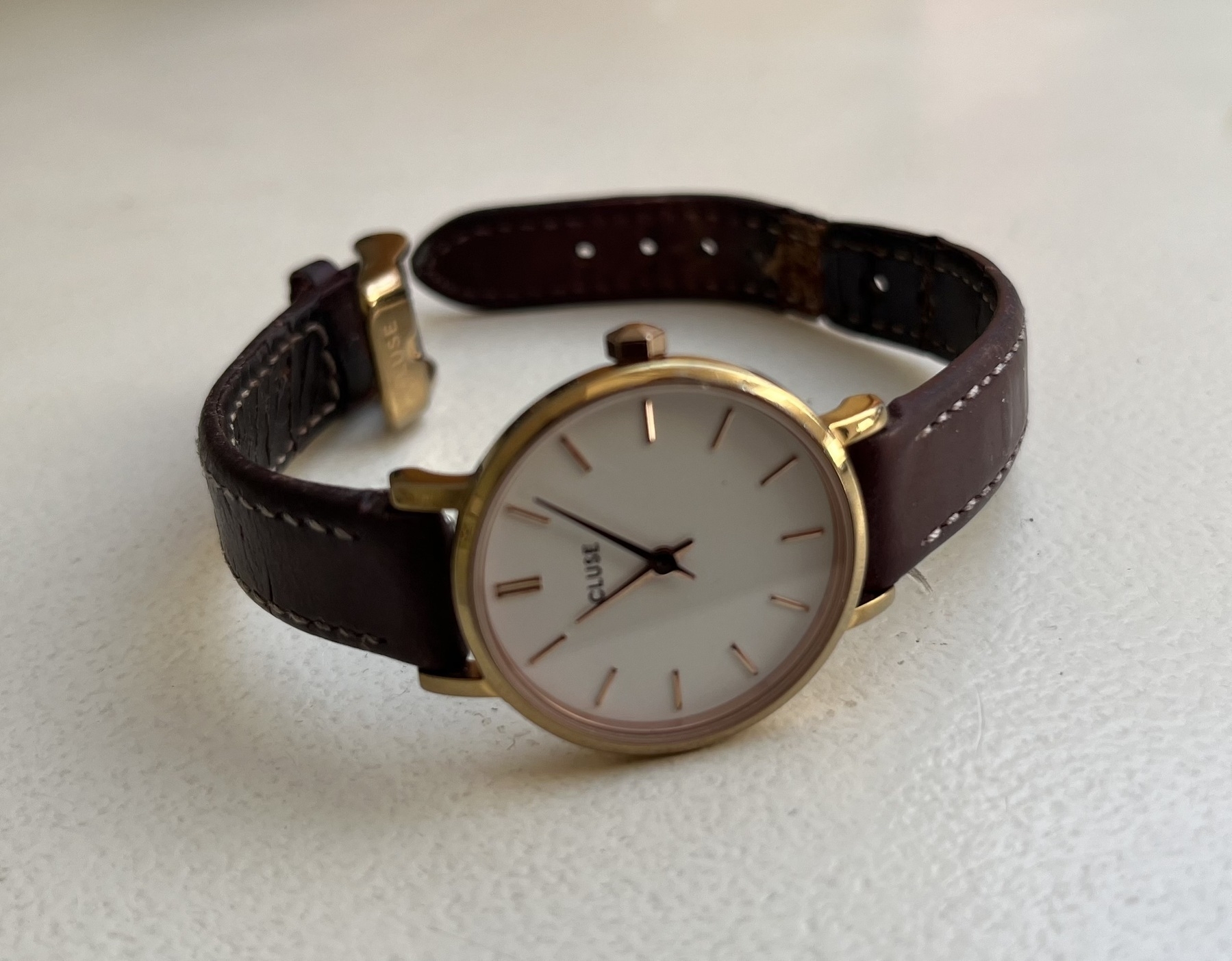
Chopin & George Sand
I just went to this lovely concert/show Chopin & George Sand as part of Concerts du midi, a lunchtime concert series hosted in Rennes. The show included duo Jean-Philippe Guillo at the piano and Mathilde Maumont acting as George Sand and reading her works. Some thoughts:
- It reminded me of a piece I saw at the American Repertory Theater (A.R.T.) in Cambridge, MA in 2006(!): Monsieur Chopin, a one-man show where Hershey Felder portrayed Chopin by both performing his pieces and acting out events of his life. It was incredible. And also the inspiration for my “salon series”. ❤️
- My “salon series” (2010-2016) was an ensemble of shows where I played/sang and told the stories of various composers or artists, starting with Chopin in 2010, followed by Debussy, Scott Joplin, Janis Joplin and finally the Mamas and the Papas in 2016. These shows mainly took place in my living room (“salon”) with friends. It was great. Maybe I should bring it back…
- This lunchtime slot is such a convenient format. Go immerse yourself in music and theater during your lunch break! Since I finished teaching for the semester, I have more time to take advantage of these local gems. And in a small city like Rennes, I find it much easier to go to these sort of events. As compared to a big city like Paris where there are also events happening - but too many of them. Or too many people! And it gets so overwhelming, that in the end you often don’t do any of them. :)
- I was definitely one of the youngest people in the audience. And I’m 41. My conclusion? Old(er) people know what’s good!
I also went to the last concert Échos de Transylvanie which was excellent as well. 🎶
